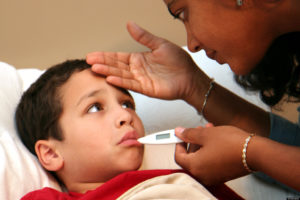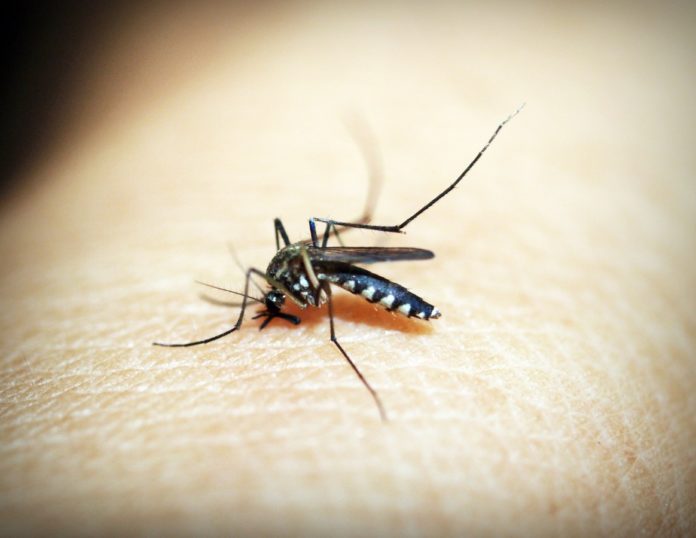The makers of vaccine admit that it may aggravate dengue symptoms
 India must have heaved a sigh of relief as disturbing revelations about a dengue vaccine marketed by the French pharmaceutical giant Sanofi unfolded last week and Philipines ordered a probe into the vaccination of 7,30,000 children with a vaccine that its makers now admit may aggravate dengue symptoms. Sanofi had, last year applied for a phase III clinical trial waiver in India which the government turned down despite an expert committee of the drug controller general of India having been in its favour.
India must have heaved a sigh of relief as disturbing revelations about a dengue vaccine marketed by the French pharmaceutical giant Sanofi unfolded last week and Philipines ordered a probe into the vaccination of 7,30,000 children with a vaccine that its makers now admit may aggravate dengue symptoms. Sanofi had, last year applied for a phase III clinical trial waiver in India which the government turned down despite an expert committee of the drug controller general of India having been in its favour.
Sanofi, in a statement last week, urging health authorities to update the product label said: “Based on up to six years of clinical data, the new analysis evaluated long-term safety and efficacy of Dengvaxia in people who had been infected with dengue prior to vaccination and those who had not. The analysis confirmed that Dengvaxia provides persistent protective benefit against dengue fever in those who had prior infection. For those not previously infected by dengue virus, however, the analysis found that in the longer term, more cases of severe disease could occur following vaccination upon a subsequent dengue infection.” One day later, World Health Organisation which had earlier recommended the vaccine, recalibrated its position.
Yet, the Indian health ministry, earlier this year did not give Sanofi the waiver – a decision that now stands vindicated after an announcement by the company that the vaccine could aggravate dengue symptoms in some cases and Philippines ordering a probe into largescale vaccination of children. World Health Organisation which had earlier approved the Sanofi vaccine, too has now recalibrated its position. “Following recommendations made by the Strategic Advisory Group of Experts (SAGE) on immunization, WHO’s advisory body on vaccination, a position paper was published in July 2016 based on the data available at that time. The position paper makes a conditional recommendation on the use of the vaccine for highly endemic areas. Based on considerations of superior efficacy and, possibly, safety and duration of protection in seropositive individuals, SAGE recommended seroprevalence thresholds as the best population-level strategy. Based on mathematical modeling, an optimal seroprevalence in the age group targeted for vaccination was defined in the range of ≥70%. At that time theoretical elevated risk of dengue in vaccinated seronegative individuals was noted, and research into this was considered high priority. WHO thus called on Sanofi Pasteur to provide more data on efficacy and safety in baseline seronegative vaccine recipients,” WHO said in a statement
Till November 26, 146377 cases of dengue had been reported in India and 221 people had succumbed to the disease. Yet, in May, the government of India turned down the recommendation of the Subject Expert Committee (SEC) of the Drug Controller General of India (DCGI) and told Sanofi that if it wanted to market the vaccine in India it would have to conduct phase III trials (that establish the safety and efficacy of a drug in a large population) on Indian subjects. Sanofi had submitted published data of Phase III trials from other Asian and Latin American countries (Thailand, Brazil, Mexico etc.) based on which the vaccine has been approved in Mexico, Philippines and Brazil but the Union ministry of health remained unimpressed.
This despite the fact that the subject expert committee constituted by the Drug Controller General of India had recommended: “Although, the vaccine does not qualify the requirements of waiver of clinical trial, considering the fact that Dengue is a health problem of major concern in the country and can be life threatening in certain cases, the committee recommends for Market Authorization of the vaccine in the age group of 18-45 years only with the condition to conduct Phase IV clinical trial in time bound manner (Protocol submission within 3 months of marketing of the product).”


